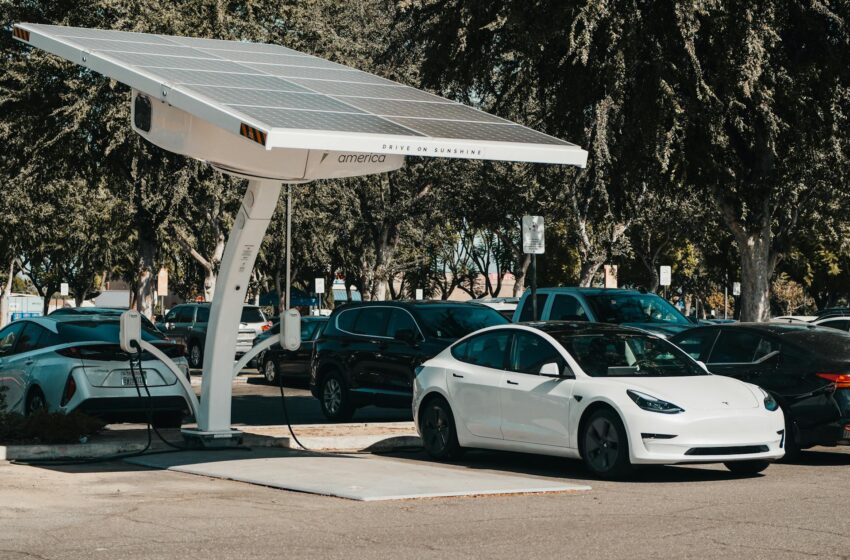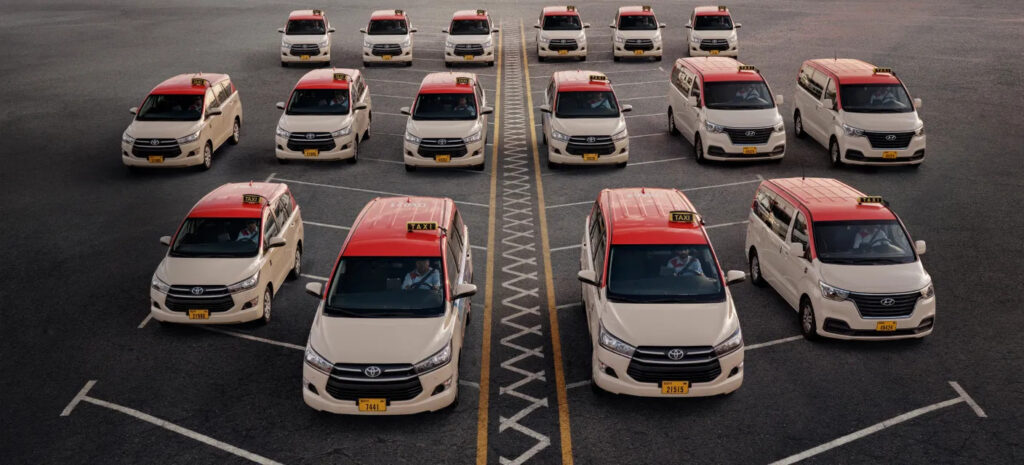
globalbizmag.com
Chinese Companies Marching Ahead of Western Firms in Production and Sale of EVs
Chinese electric vehicles (EVs) manufacturers are moving ahead of their Western counterparts in the production and sale of EVs, a recent study showed.
The study entitled “EV price gap: A divide in the global automotive industry,” by JATO Dynamics, an automotive business intelligence group, shed light on how Chinese automakers have made significant strides in their ability to produce competitively priced EVs, sparking a shift in traditional market dynamics.
According to the report, the average retail price of EVs available in China was 37% and 26% higher, respectively, than those available in Europe and the US in 2015, but this trend has since reversed.
In the second half of last year, the average retail price of a battery EV in China fell to $32,823, while it rose to $59,319 in Europe and $67,866 in the US over the same period. A year later and the price gap has widened further, with the average retail price of an EV in China now less than half the price seen in both Europe and the US.
“In the first half of this year, the average cost of an electric car cost was $33,117 in China, $71,054 in Europe and $70,160 in the US,” the report said and added that despite efforts by Western vehicle makers to produce more affordable EVs, these models continue to cost more than their petrol and diesel equivalents.
Consumers have to spend at least $19,430 and $25,929 to buy an EV in Europe and the US, respectively – which is 92% and 146% more than they have to pay for the cheapest combustion car available.
In comparison, in China the cheapest EV costs 8% less than the cheapest internal combustion engine (ICE) equivalent.
“The affordability of the country’s EV offering has also driven China’s growth in emerging markets, where its vehicle manufacturers have become the preferred choice among consumers, the JATO report added.
Global Sales
In the first half of this year, Chinese vehicles, which are not only competing on price, but also in terms of quality and power, accounted for the majority of EV sales in Israel (61%), Russia (91%) and Thailand (79%), and they had a market share of more than a quarter in Brazil (27%), Malaysia (28%), Mexico (30%), the Philippines (33%), Chile (27%) and Indonesia (29%).
The report pointed out that China can produce and sell an electric car with 200 hp to 300 hp for an average of $32,411 to $35,227 currently.
For example, BYD, China’s EV producer, offers its midsize sedan ‘SEAL’ with 204 hp on its Elite trim in China for a price between $25,616 and $26,197. In Europe, the closest rival in price is a Renault Twingo Equilibre – a city-car produced in Slovenia – priced between $25,844 and $26 430, with only 81 hp.
Furthermore, consumers in China can choose from 235 different EVs, however, in Europe and the US the range is far smaller, with 135 and 51 models available, respectively, in each market.

Government Support
Over the past decade, the Chinese government has provided robust support for the domestic EV industry through its New Energy Vehicle Industry Development Plan (2021–2035), with subsidies totalling $57 billion between 2016 and 2022.
The consumers in China have also benefited from significant tax breaks when buying an electric car as almost all EVs sold in China are exempt from a vehicle purchase tax, making them more affordable for drivers and boosting overall consumer demand and revenue for automakers.
While many European countries do offer some form of financial support to aid the growth of their EV markets, the benefits and incentives on offer differ widely.
China’s advantage over the US and Europe in the production of cheap EVs can also be attributed to the country’s comparatively low labour costs.
While European countries typically have some of the highest labour costs in the world, with an hourly minimum wage of around $321, Beijing has the highest hourly minimum wage in China at $3.73 due to its cheap cost of labour.
JATO Dynamics global analyst Felipe Munoz, said that as China became an increasingly influential player on the global automotive stage, its brands were becoming more visible in countries where, just a few years ago, consumers would not have considered them a viable alternative.
According to Munoz, this trend has been driven by the relative affordability of its models in comparison to those produced by its Western peers, and while the US and the EU have responded to the challenge posed by China through major policy decisions, policy alone will not be enough to address the issue of affordability.










